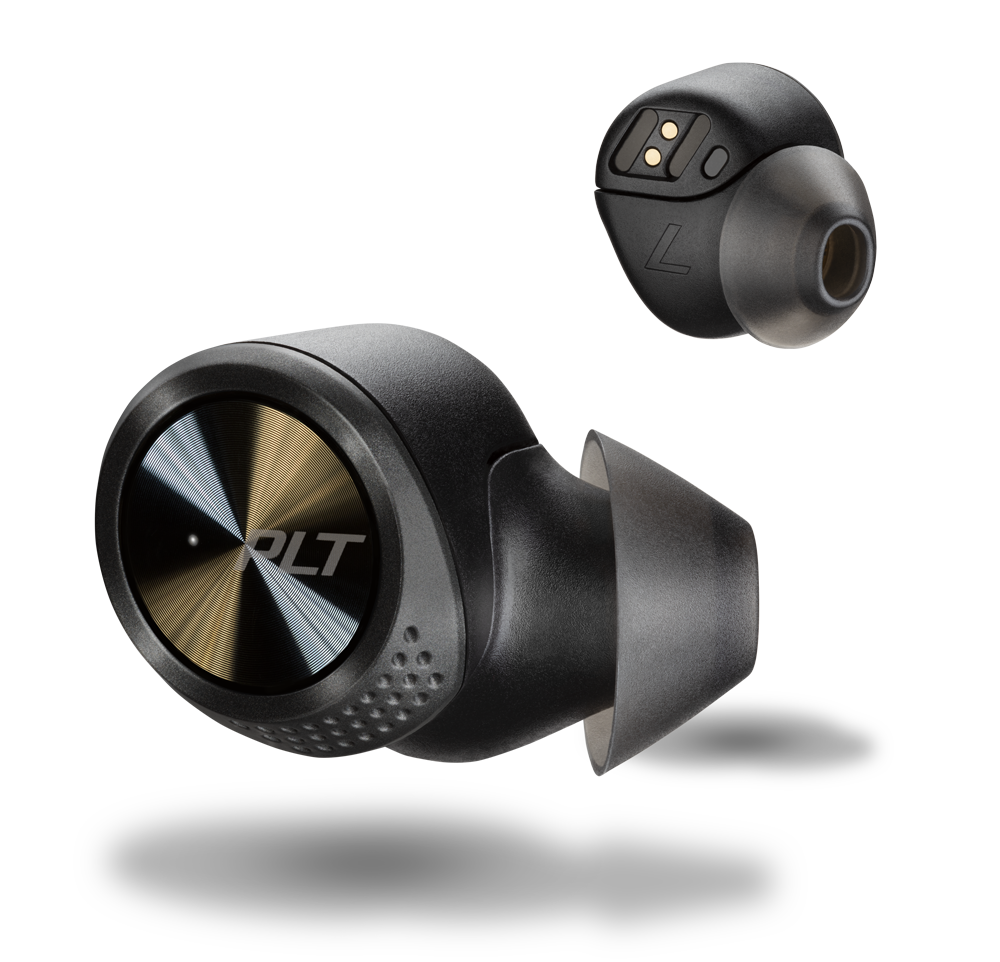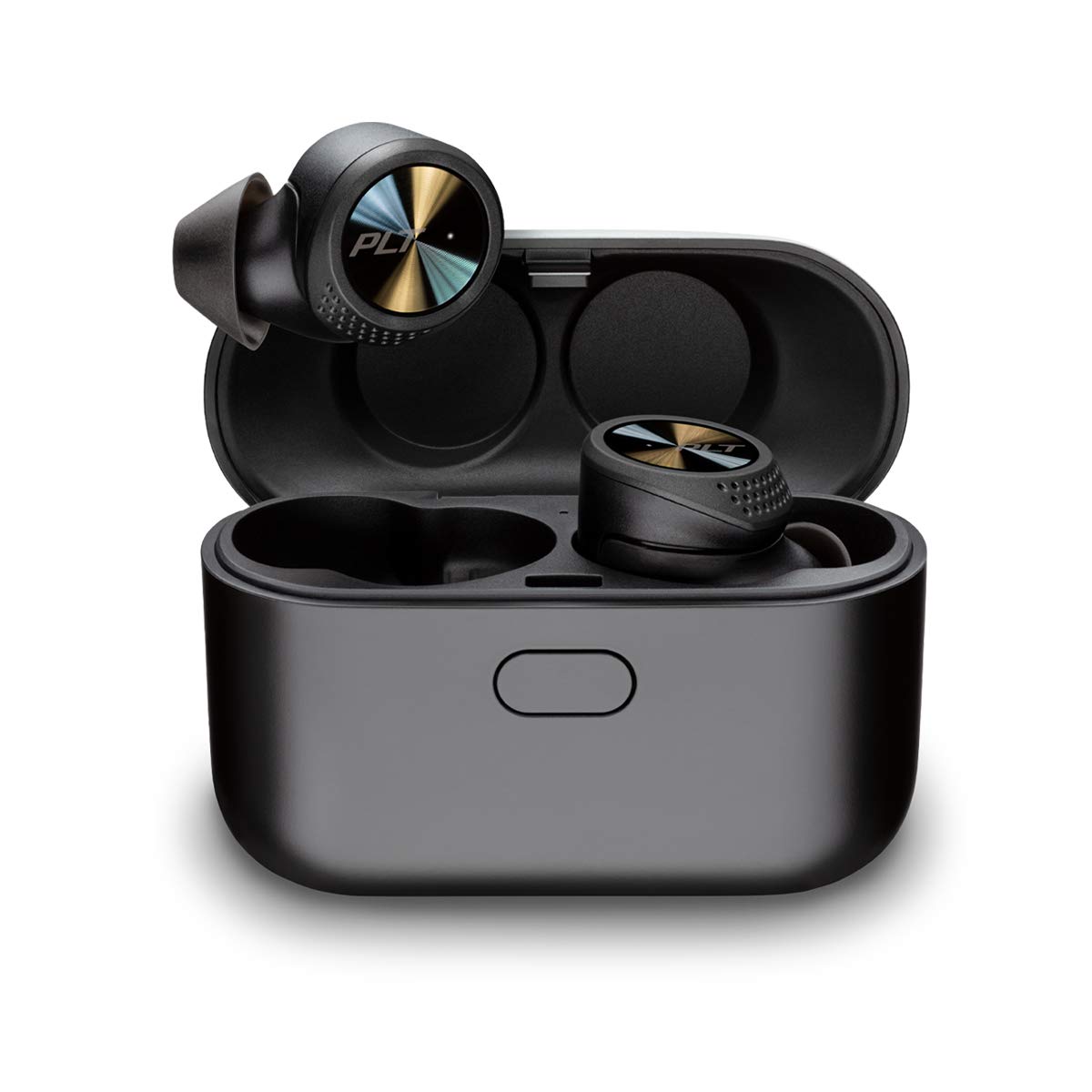TL;DR
Plantronics' BackBeat PRO 5100 earbuds boast a stylish design and impressive passive noise isolation, making them a good fit for podcasts and less bass-heavy music. While they offer a secure ear tip fit and a useful app, the slow firmware updates and lack of advanced audio codecs like AAC and aptX are notable drawbacks. Bass can be lacking for genres like hip hop and rock, and the microUSB charging is dated. If you prioritize style and clear mids for spoken word content over audiophile-grade sound, these might be worth a look. Want to know if the compromises make them a miss or a must-buy? Dive into the full review!
The True Wireless segment within in-ear headphones is experiencing significant growth, largely fueled by the popularity of Apple’s AirPods and AirPods Pro. This technology offers the convenience of small, truly wireless earbuds: two discreet units designed for comfortable in-ear listening. However, this form factor also presents certain limitations and trade-offs, particularly in terms of cost and maximum achievable sound quality.
Plantronics (now rebranded as Poly, though still widely recognized as Plantronics) enters the market with the BackBeat PRO 5100. These headphones stand out with a sleek and refined design, featuring a blend of black metallic finishes and subtle gilded accents. The silicone ear tip design is particularly noteworthy for its secure and stable fit, effectively preventing the common issue of ear tips detaching during removal.

Plantronics consolidates all BackBeat models within a user-friendly smartphone application, which also facilitates firmware updates. The provision of software updates is a valuable feature, allowing users to improve performance and address potential bugs. However, the update process proved to be notably slow. After ensuring the headphones remained powered on outside of the ear, the update itself took approximately 30 minutes, a process somewhat ironically depicted by a rocket launch animation.
How good does BackBeat PRO 5100 sound?
The critical aspect: assessing the sound quality of the BackBeat PRO 5100. As is often the case with this form factor, the results are somewhat mixed. The headphones handled our reference list of high-resolution, well-mixed music reasonably well. The nuances and warmth in singer-songwriter tracks were clearly discernible, and even a meticulously mastered pop song like Run Run Run delivered satisfactory bass response. However, performance diminished when transitioning to genres such as hip hop and hard rock. The bass and overall impact felt lacking, a common limitation of true wireless earbuds. Achieving optimal bass response necessitates using the largest ear tips that can comfortably fit, as an inadequate seal results in a diminished bass presence and a sharper, more hollow sound.
It is also worth noting that the BackBeat PRO 5100, despite its name and price point, does not support advanced audio codecs like AAC and aptX, which are commonly found in competing products within this price range. It only supports the more basic A2DP 1.3.1 and AVRCP 1.6, alongside Bluetooth 5.0.

On a positive note, the BackBeat PRO 5100 effectively isolates ambient noise despite lacking active noise cancellation (ANC). The seal around the ear canal provides an impressive level of passive noise reduction, potentially the best we’ve experienced in a true wireless model. The BackBeat 5100 also performs well with podcasts, audiobooks, and general YouTube content, exhibiting good midrange clarity and minimal audio lag.
The battery life is rated at 6.5 hours, with the charging case providing several additional charging cycles (provided it is charged). Fast charging via microUSB (B) is supported (10 minutes yields 1 hour of use). The combined package offers a total listening time of approximately 20 hours, which is fairly standard. However, the continued use of microUSB in late 2019 feels somewhat outdated, particularly for a product positioned as a newcomer in a premium segment. This represents one of several minor compromises in a headset marketed as “PRO” and priced within a premium category.
Summary BackBeat PRO 5100 True Wireless
The BackBeat PRO 5100 distinguishes itself with its stylish design. The earbuds offer effective noise isolation, even without ANC, and the ear tip design is commendable. However, it is important to acknowledge that true wireless technology inherently sacrifices bandwidth for convenience, making it less ideal for audiophiles prioritizing high-fidelity audio across all genres. The absence of codecs like AAC and aptX further contributes to this limitation. For users primarily concerned with sound quality, over-ear headphones offer a superior listening experience, albeit at the expense of portability and style.
Conversely, for style-conscious commuters who primarily listen to podcasts and audiobooks, occasionally watch YouTube videos, and prefer well-mixed acoustic or singer-songwriter music, the BackBeat PRO 5100‘s price point – despite some feature omissions – may still justify a purchase, or at least warrant consideration as a potential gift.

